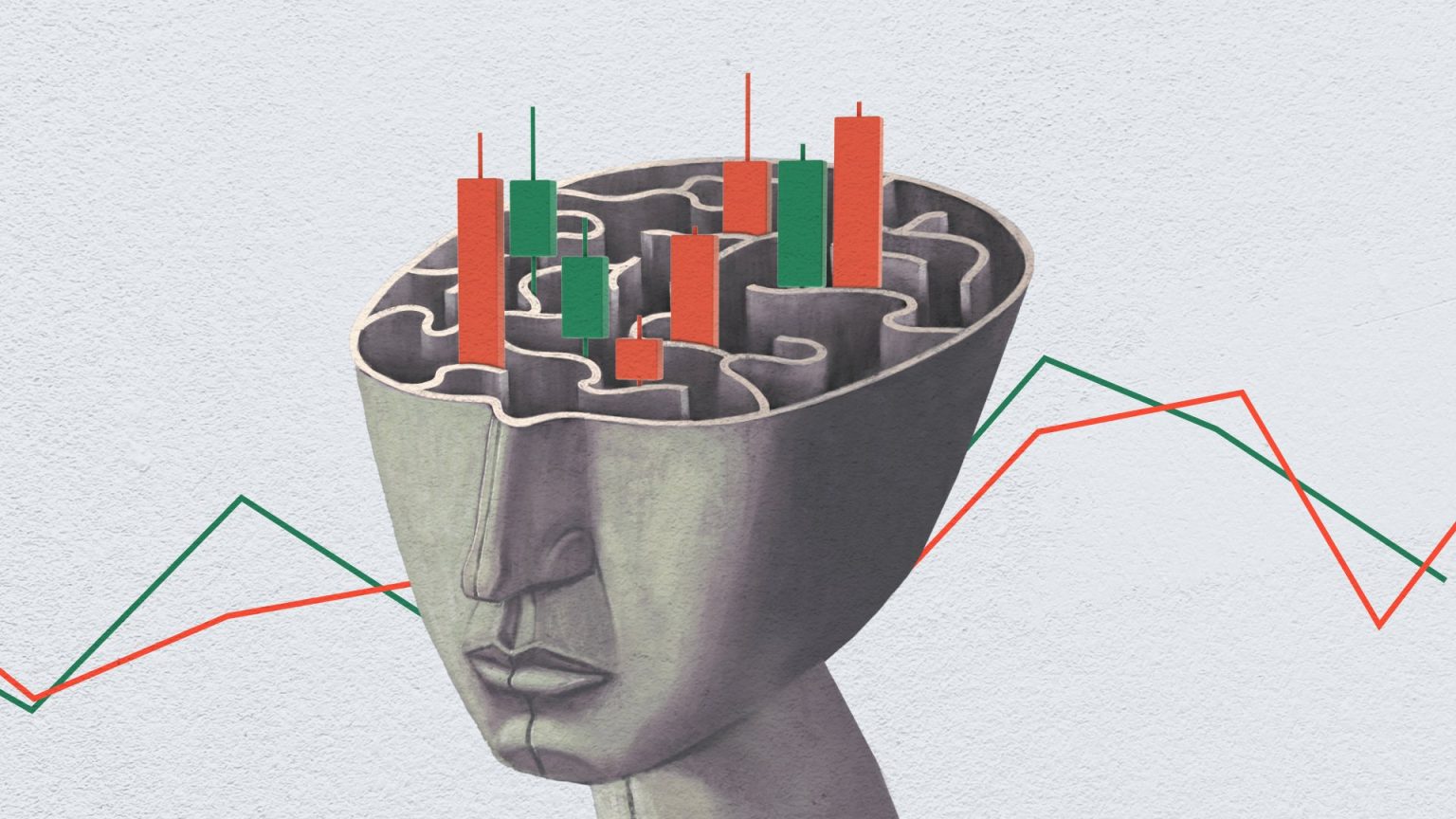Mastering Trading Discipline with EPIQ
The Forex market is one of the most dynamic and volatile financial markets in the world, requiring traders to develop a strong mindset to succeed. While technical skills and strategy are essential, psychology plays an even more significant role in determining long-term profitability. Without discipline, emotional control, and patience, even the best trading strategies can fail. Successful traders learn how to manage their emotions, maintain consistency, and stick to a structured approach to achieve long-term profitability.
Why Trading Psychology Matters
Trading psychology is the foundation of long-term success in Forex. Unlike traditional investing, where trades can be held for months or years, Forex traders operate in a fast-paced environment where price movements occur within minutes or even seconds. Emotional reactions such as fear, greed, and frustration can lead traders to deviate from their strategy, overtrade, or exit profitable trades too soon.
Fear often manifests when traders hesitate to enter trades due to previous losses, missing out on opportunities. On the other hand, greed can cause traders to hold onto winning trades for too long, leading to unnecessary losses when the market reverses. Overtrading, caused by frustration or impatience, can lead to unnecessary risk exposure and poor decision-making. Understanding and managing these emotions is critical for maintaining discipline and consistency.

Common Psychological Challenges in Forex Trading
One of the biggest challenges traders face is fear of loss, which often causes them to close trades prematurely or avoid taking calculated risks. Losses are a natural part of trading, and successful traders accept them as part of the process. Instead of fearing losses, traders should focus on proper risk management to minimize their impact.
Overconfidence is another psychological trap that can lead to reckless decision-making. After a few winning trades, some traders may feel invincible and increase their position sizes without proper risk assessment. This often results in significant losses that wipe out previous gains. Staying humble and sticking to a well-defined risk management strategy is essential to avoid the pitfalls of overconfidence.
Revenge trading is one of the most dangerous emotional reactions in Forex. After experiencing a significant loss, some traders attempt to recover their losses by entering impulsive trades. This emotional reaction often leads to even bigger losses, as these trades are driven by frustration rather than strategy. The best way to combat revenge trading is to take a break, reassess the market, and return with a clear mindset.
How to Develop Discipline in Forex Trading
Maintaining discipline in Forex trading requires a structured approach. One of the most effective ways to stay disciplined is to develop a trading plan that outlines entry and exit criteria, risk management rules, and trade size limits. By having a structured plan, traders can remove emotions from their decision-making process and follow a systematic approach.
Journaling is another powerful tool for improving discipline. Keeping a trading journal helps traders track their emotions, review past trades, and identify patterns in their behavior. Over time, this self-reflection allows traders to recognize mistakes and refine their strategies for better performance.
Patience is also a key component of disciplined trading. Not every day presents high-probability trading opportunities, and forcing trades in unfavorable conditions can lead to losses. Waiting for the right setup and avoiding impulsive trades helps traders maintain consistency and avoid unnecessary risks.
The Role of Risk Management in Trading Psychology
Risk management is a critical component of trading psychology. Without a proper risk management plan, traders can experience significant emotional stress, leading to irrational decision-making. Setting stop-loss orders ensures that losses are controlled, preventing emotions from taking over during volatile market conditions.
Position sizing is another essential aspect of risk management. Traders should avoid risking more than a small percentage of their trading capital on a single trade. This approach prevents emotional reactions from losses and allows traders to stay in the game longer.
Maintaining a realistic mindset is crucial in Forex trading. Expecting every trade to be a winner sets unrealistic expectations and can lead to frustration when losses occur. Successful traders accept that losses are part of the process and focus on long-term profitability rather than short-term results.

Final Thoughts: Strengthen Your Trading Psychology with EPIQ
The ability to control emotions, stay disciplined, and follow a structured plan separates successful Forex traders from those who struggle. While trading psychology can be challenging to master, having the right tools, strategies, and mentorship can make a significant difference.
At EPIQ Trading Floor, we provide traders with exclusive trade signals, members-only livestreams, and personalized coaching to help them refine their trading discipline and decision-making skills. Use code “BLOG” at checkout for 10% off and start your risk-free 3-day trial today. If you’re not satisfied, you can cancel within 72 hours at no charge.
Disclaimer
This content is for educational purposes only and should not be considered financial advice. Trading Forex involves risk, and past performance does not guarantee future results. Always conduct your own research before making investment decisions.










Responses